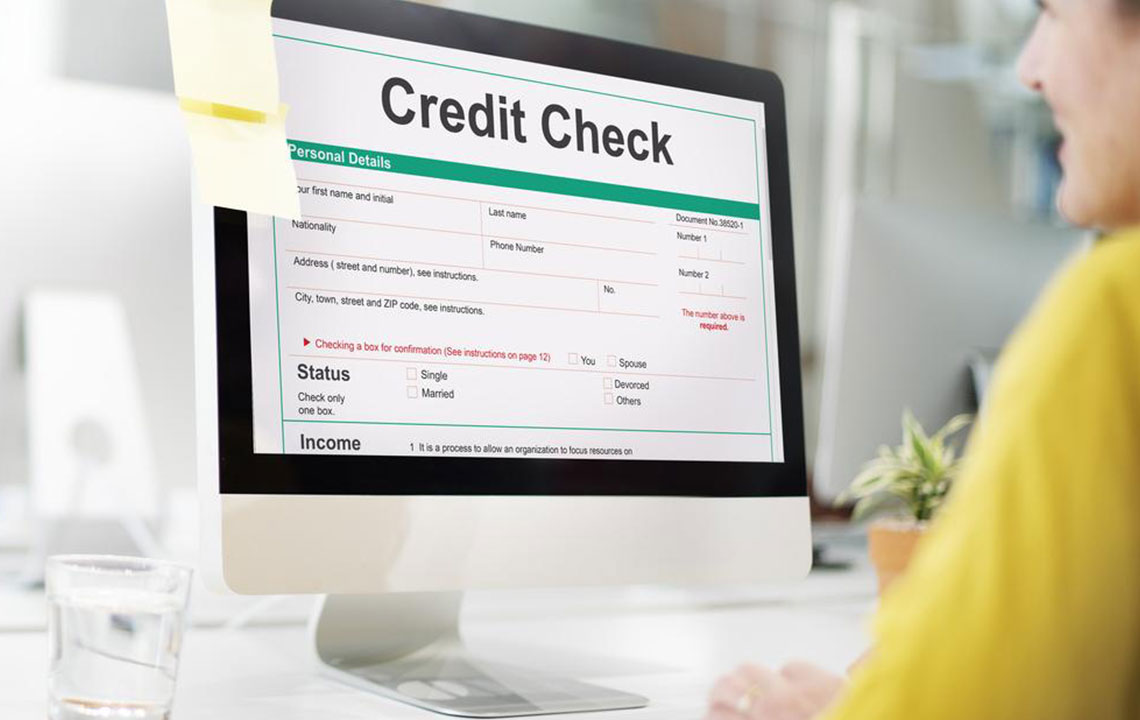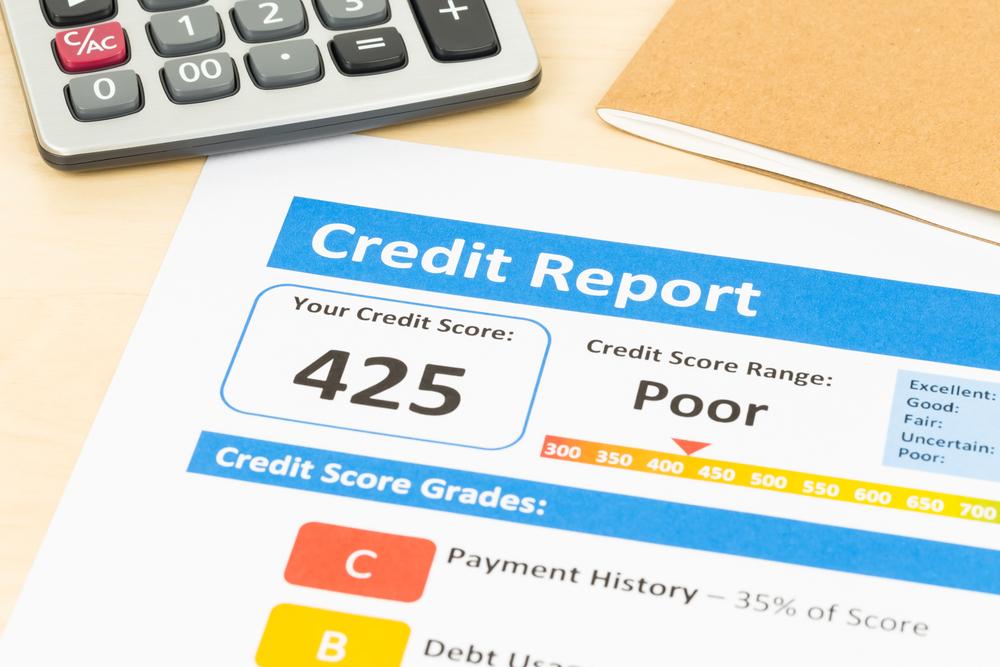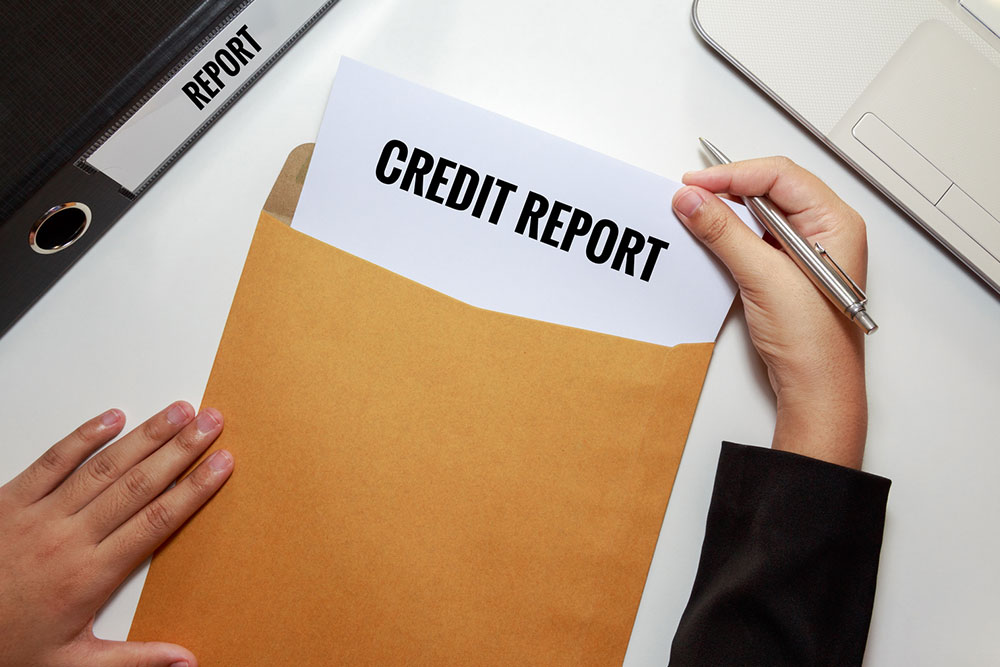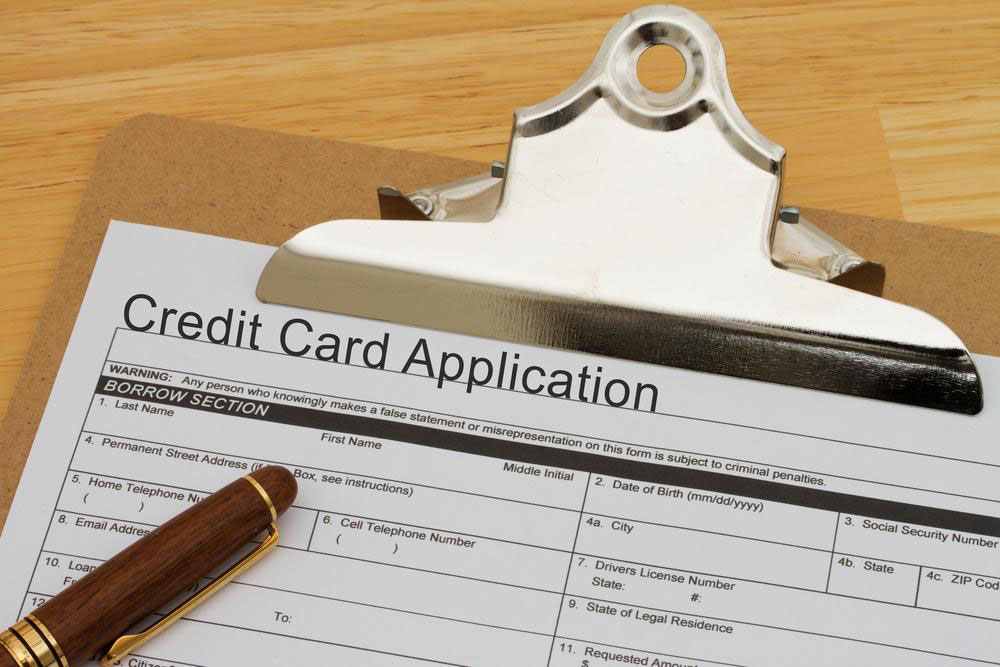Comprehensive Guide to Enhancing and Repairing Your Credit Profile for Better Financial Health
Learn proven strategies to improve and repair your credit profile effectively. This comprehensive guide covers credit report review, dispute resolution, payment history enhancement, credit utilization management, and professional assistance. Building a good credit score takes time, but with disciplined habits and strategic actions, you can achieve a stronger financial future and enjoy better loan opportunities and rates.

Effective Strategies to Boost Your Credit Score and Maintain a Healthy Credit Profile
In today's financial landscape, your credit score plays a pivotal role in determining your ability to access loans, credit cards, and favorable interest rates. Whether you're planning to buy a home, car, or simply want to improve your overall financial stability, understanding how to enhance and repair your credit profile is essential. While professional credit repair agencies offer services, many effective steps can be performed independently, saving you money and empowering you to take control of your financial future.
Start by conducting a thorough review of your credit report. Obtain free copies from major credit bureaus and utilize online tools to understand your credit standing comprehensively. Carefully scrutinize each detail to identify any inaccuracies, outdated information, or potential signs of fraudulent activity. Dispute any incorrect entries promptly through the credit bureaus’ dispute processes. If you notice unfamiliar accounts or transactions, this could indicate identity theft or unauthorized access, which requires immediate action to rectify and protect your financial identity.
Prioritize improving your payment history, as it is often the most significant factor in credit scoring models such as FICO and VantageScore. Make consistent, on-time payments for all your debts—mortgages, credit cards, personal loans, and other obligations. If you have overdue accounts or missed payments, work on settling these debts or negotiating payment arrangements. Over time, removing or reducing late or missed payments from your report can contribute significantly to boosting your credit score and instilling confidence among lenders.
Managing your credit utilization rate is another vital aspect of credit health. This ratio compares your current outstanding debt to your total available credit limit. Ideally, aim to keep this percentage below 30%, with some experts recommending even lower thresholds for optimal results. Paying down existing balances, avoiding maxed-out credit lines, and increasing your credit limits responsibly can help maintain a healthy utilization rate. Be mindful when applying for new credit or increasing existing limits, as these actions may result in hard inquiries that can temporarily lower your score. However, in the long run, responsible management can improve your credit profile.
Furthermore, it’s crucial to review your credit accounts periodically. Focus on paying down debts strategically while maintaining open accounts with positive payment histories. Closing longstanding or good-standing accounts might impact your credit score negatively by reducing your overall available credit and history length. When considering new accounts or credit cards, evaluate potential impacts, including temporary score dips from hard inquiries and the effect of opening multiple accounts simultaneously. Responsible management and strategic decisions can lead to sustained credit improvement.
If managing debt and credits becomes challenging, don’t hesitate to seek professional assistance. Credit counseling agencies can provide valuable services such as developing a tailored Debt Management Plan (DMP), negotiating repayment terms, and consolidating debts. These arrangements can be reflected on your credit report but generally do not harm your credit score and can help streamline your debt repayment process. Professional guidance can be especially helpful if you’re overwhelmed or unsure about the best steps forward.
Patience is essential in the credit repair process. Updated information typically takes about a month to reflect in your credit report. Consistent practice of responsible credit behaviors—such as paying bills on time, keeping credit utilization low, and regularly reviewing your report—will gradually improve your credit profile. This improvement will open doors to better financial opportunities, including lower interest rates, higher credit limits, and greater borrowing power.
In conclusion, improving and repairing your credit profile requires a combination of proactive actions, disciplined habits, and patience. By actively managing your credit report, making timely payments, controlling your credit utilization, choosing your credit applications wisely, and seeking professional help if needed, you can build a robust credit profile that serves your long-term financial goals. Remember, your credit history is a reflection of your financial responsibility and can significantly influence your financial success.





